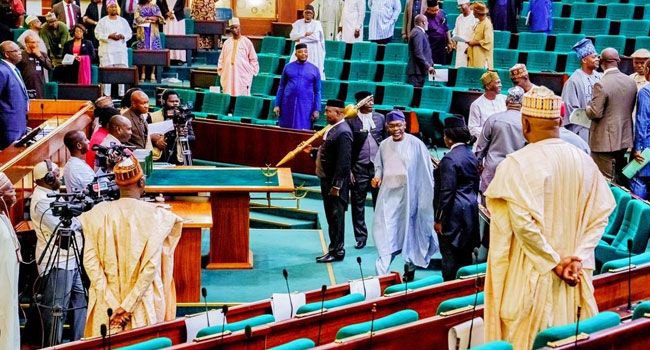
The recent clash among members of Nigeria’s House of Representatives revolves around ongoing debates on whether to impose Sharia law in certain areas, an issue that has sparked considerable tension. Nigeria operates a dual legal system that accommodates both secular laws and Sharia law, the latter primarily applied in the 12 northern states with Muslim-majority populations. However, attempts to expand or enforce Sharia principles more broadly, especially in civil law or non-Muslim communities, remain highly controversial due to Nigeria’s secular constitution, which upholds religious freedom and separation of state from religion.
Previous cases have shown that the Sharia courts, particularly in states like Kano and Zamfara, can issue strict punishments, often criticized internationally. Such actions have led to unrest, especially among non-Muslim minorities in these regions, highlighting ongoing conflicts over the role of religion in governance. Meanwhile, recent parliamentary debates underscore both cultural divides and the difficulties of balancing regional religious autonomy with national unity in Nigeria’s diverse, multi-faith landscape.




